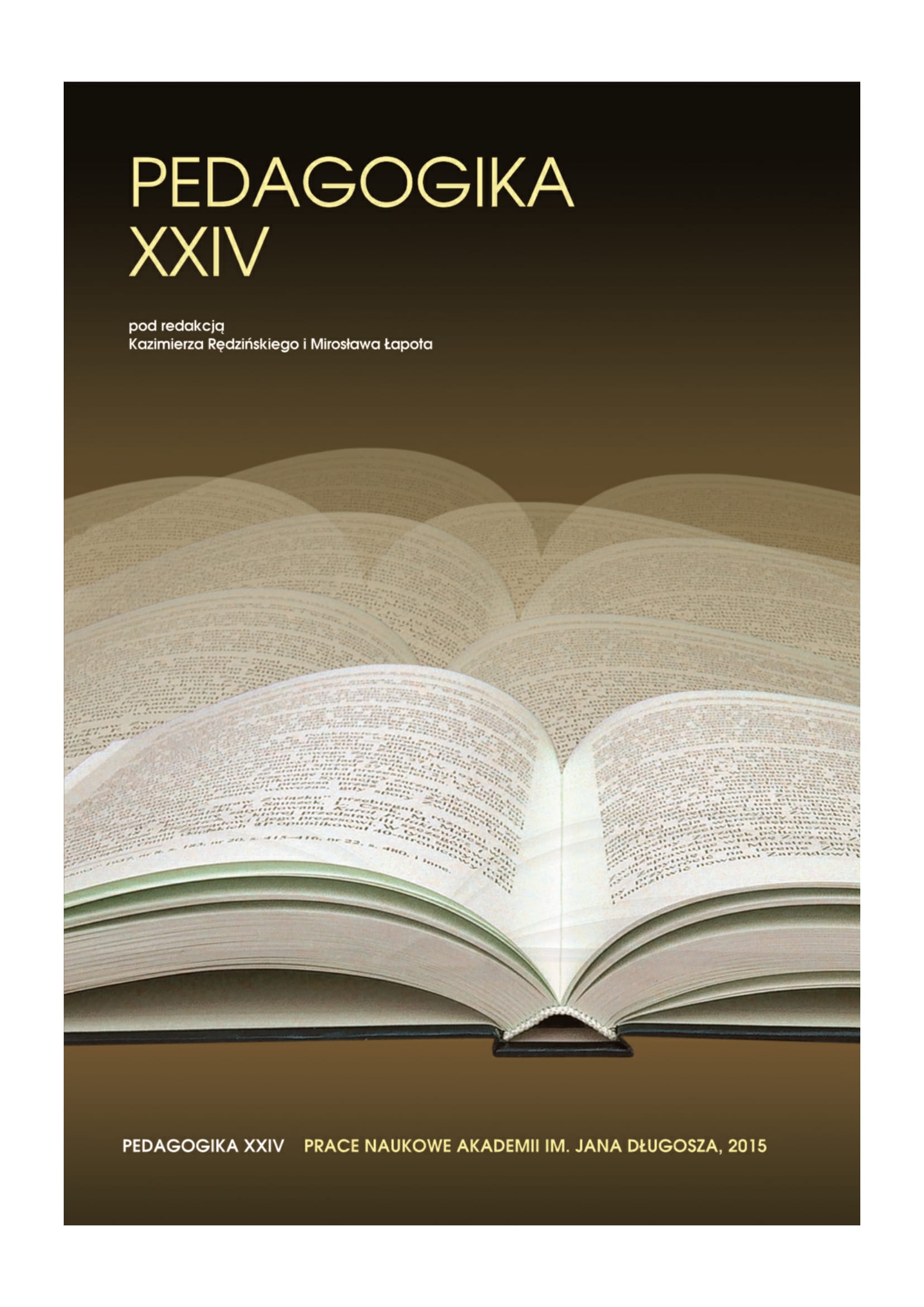Szkoła Kadetów w Lunéville w latach 1737–1766.
Polscy wychowankowie
L’Ecole de cadets-gentilshommes in the Years 1737–1766. Polish Alumni
Author(s): Małgorzata DurbasSubject(s): History, Social Sciences, Cultural history, Modern Age, 18th Century
Published by: Uniwersytet Jana Długosza w Częstochowie
Keywords: Cadet School; Cadet; Lunéville; King Stanisław Leszczyński; Duke of Lorrain
Summary/Abstract: This article describes the first charity institution with educational role, founded by the King of Poland,the new Duke of Lorrain and Bar, Stanisław Leszczyński. The paper describes not only the organisational structure at the time of foundation, the rules and activity of a fully developed institution, but also the issue of Polish and Lithuanian subjects being educated in Lunéville is discussed. Over 29 years of existence of the famous institution of the time in Europe, with the personal financial commitment of King Stanisław, overall 564 cadets were educated as officers, including 397 Lorranians and only 167 Poles, although the number of places for them was equal tothat offered to the residents of the new homeland of King Stanisław.In the mid-eighteenth century, no better credentials could be found for a young nobleman than having graduated from Lunéville and visiting Paris. For a young man, that meant good manners, knowledge of languages and being open-minded. The greatest intake of 23 cadets from Poland and Lithuania in the 29-year history of the schoolwas recorded in the first year. In the following years, only 5 compatriots joined annually. The admission of more than 10 subjects was recorded only in 1740 (14); 1746 (14); 1747 (14); 1749 (12);1751 (15). The years without admissions also happened. Many graduates benefited from the greateducational opportunity of lifetime by their successful professional lives later on. However, not all Polish cadets completed their education. As the instances of non-observance of strict rules occurred,some young noblemen were expelled from the ranks of cadets. Nevertheless, the very fact of the institution opening its doors to Stanisław’s compatriots, was, in a sense, an intellectual window to the scientific and ideological transitions taking part in the Western Europe.
Journal: Pedagogika. Studia i Rozprawy
- Issue Year: 2015
- Issue No: 24
- Page Range: 429-433
- Page Count: 15
- Language: Polish

